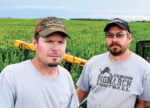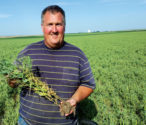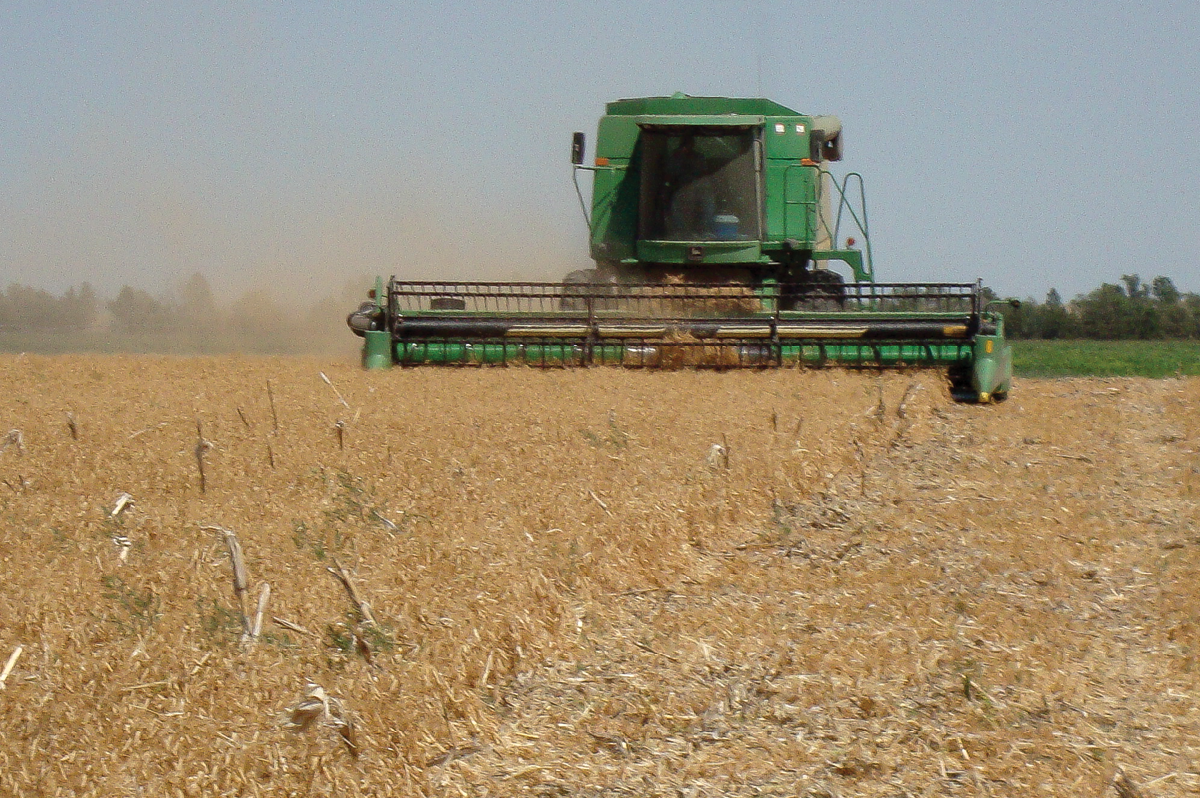Advertise Follow Us
Items Tagged with 'Yellow field peas'
ARTICLES
Moisture issues and a short growing season haven’t stopped the Hoenhauses from no-tilling corn, seeding covers and fertilizing efficiently.
Read More
Opening the Door to Change Sparks No-Tilling Success
Steve Tucker sees a profitable future for his no-till operation with a commitment to cropping diversity and keeping soils covered.
Read More
No-Till Notes
10 Tips for Successful No-Till Production: No. 7
Focusing on rotations with high-residue crops will do the best job adding carbon into low organic-matter soils.
Read More
Yellow Field Peas Could Boost No-Till Profits In High Plains
Yellow field peas provide High Plains no-tillers with an excellent wheat transition crop that helps build soil quality and, with recent market developments, have the potential for profitability.
Read More









